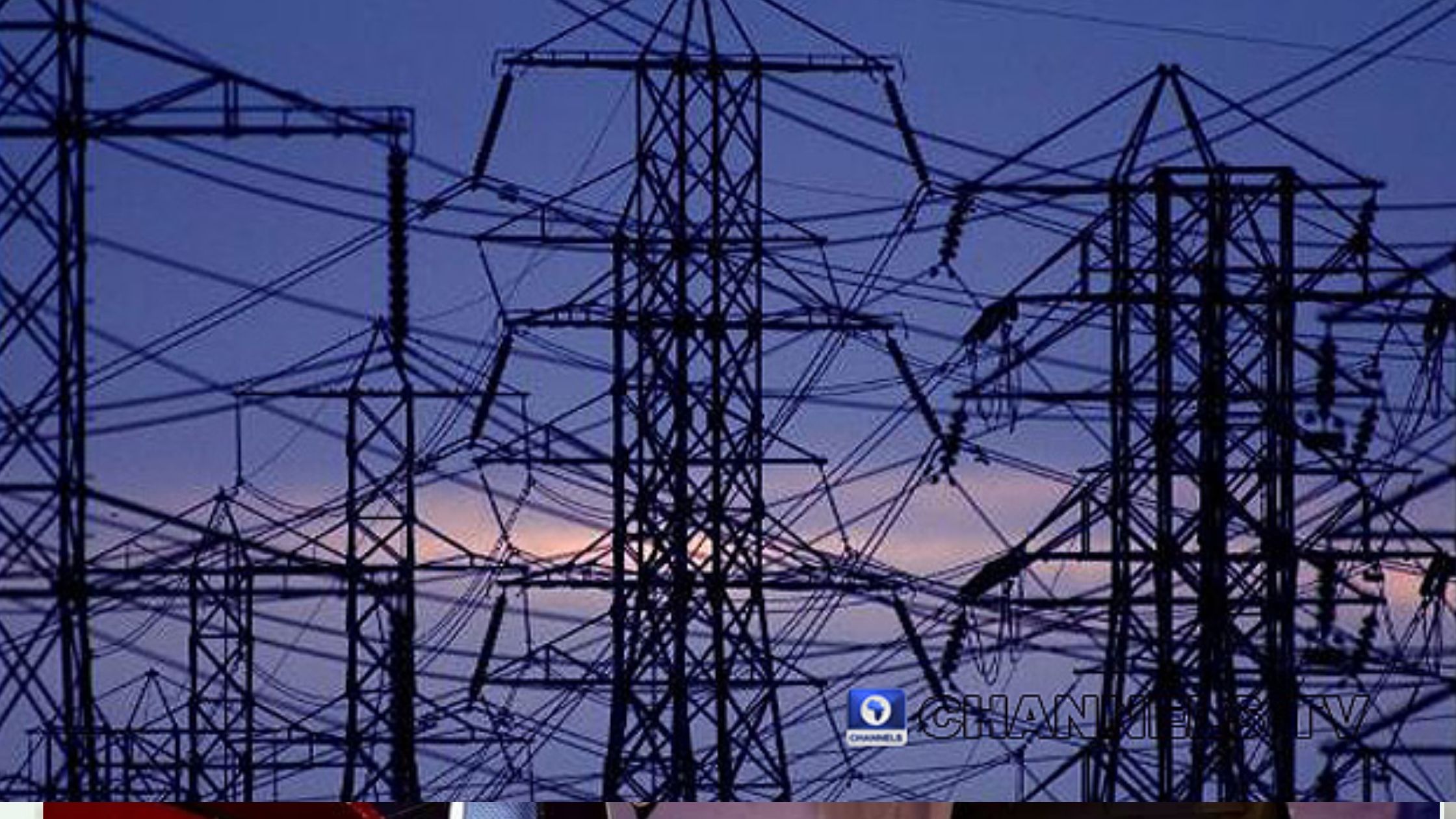For the second time in just three days, Nigeria has been hit by a national power grid collapse, causing widespread power outages across the country and affecting millions of people. The incident, which occurred at approximately 11:20 a.m. on Thursday, marks the eleventh grid failure in Nigeria in 2024, highlighting a recurring issue that has left Nigerians increasingly frustrated and anxious about the reliability of their electricity supply.
The Nigerian National Grid confirmed the collapse on its official X account, previously known as Twitter, disclosing that power generation dropped to zero megawatts following the failure. This caused an immediate halt to electricity production from all 22 power generation companies in the country. As a result, large sections of the nation—including residential areas, businesses, and essential facilities—were left without power, compounding the difficulties faced by a country already grappling with significant infrastructure challenges.
Electricity distribution companies, such as Ikeja Electricity, promptly took to social media to inform customers of the outage, urging patience as they work to restore supply. “We’re working with key stakeholders to address the issue and restore power as quickly as possible,” Ikeja Electricity stated. However, no definitive timeline for full restoration has been provided, leaving millions in uncertainty.
Thursday’s power failure has ignited a wave of criticism on social media platforms, with Nigerians questioning the government’s commitment to resolving the nation’s recurring energy crisis. Residents and business owners shared stories of disrupted work, spoiled food, and delayed medical procedures, underscoring the real-life impact of the blackout on everyday life.
The latest incident comes just days after an earlier national grid collapse, which the Transmission Company of Nigeria (TCN) attributed to faults in transmission lines and generators. However, the TCN has yet to release a formal statement regarding Thursday’s failure, intensifying public speculation around the underlying issues plaguing Nigeria’s power sector.
Minister of Power Adebayo Adelabu recently acknowledged the severity of the problem, revealing on Wednesday that he had received an investigative report examining the root causes of Nigeria’s frequent grid collapses. Despite assurances of forthcoming improvements, the crisis persists, with outages becoming increasingly frequent. In October alone, the national grid collapsed three times in one week, underscoring a structural problem that remains unresolved.
Nigeria, Africa’s most populous country, has long struggled to maintain a stable electricity supply. Successive governments have pledged to revamp the power sector, yet progress remains limited, leaving many to question the nation’s ability to meet growing energy demands. Analysts point to factors such as insufficient infrastructure investment, poor maintenance, and outdated transmission systems as contributing causes to the frequent blackouts.
As Nigeria’s power challenges continue, the economic toll mounts. Small businesses and large enterprises alike rely on a consistent power supply, and recurrent outages have forced many to invest heavily in costly alternatives, such as diesel generators, to maintain operations. The instability in electricity also hampers Nigeria’s potential for economic growth, raising questions about future energy strategies and the steps necessary to secure a reliable power source for the nation’s citizens.
